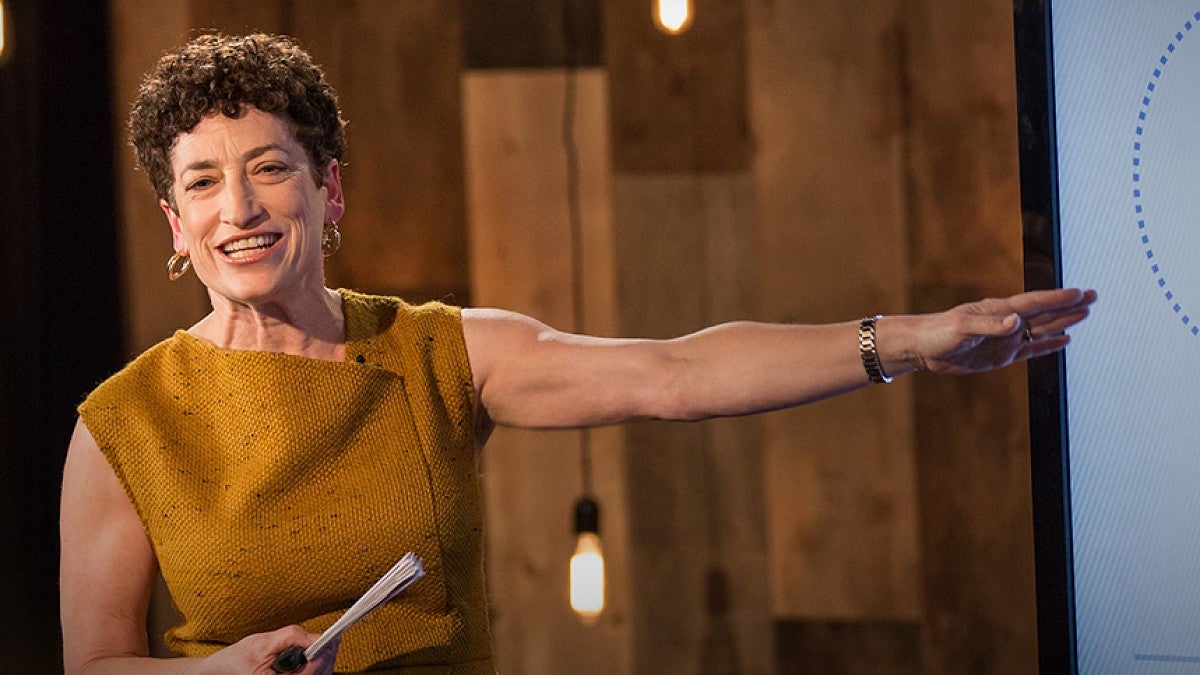A Harvard University historian will explore the complexities of Americans’ skepticism and denial of science in the annual Cressman Lecture on March 12.
Naomi Oreskes, a professor of the history of science, will discuss “Can Science Be Saved” in a noon talk delivered virtually. The event is free and open to the public. Registration is required to participate in the live Zoom event.
Public debates about the validity of scientific findings and the value of science overall have intensified during the COVID-19 pandemic as some Americans have actively resisted and even denied the legitimacy of scientific guidance about how to address the disease. Oreskes believes they deny scientific findings not because they reject science in general but because they do not like the implications of particular results, what she terms “implicatory denial.”
That stems in large part from a worldview that prioritizes the inviolability of individual rights and the sanctity of the economy above all else and an ideology of limited government, Oreskes says.
“This runs very, very deep in American culture,” she said. “We tend to be more resistant to collective action in the United States than people in other countries. And it ties into this very, very deep idea in American culture that the government that governs best governs least.”
While many Americans think the country faces a general crisis of trust in science, she says the evidence doesn’t support that. People in science fields remain among the most trusted figures in American life, but some people do reject science when they dislike what it is telling them.
An example is government efforts to require people to wear masks. People have wrongly seen the mandates not as a science-based response but a threat to individual liberties.
“In the COVID-19 crisis, irresponsible political leaders fomented the idea that asking a person to wear a mask was asking them to give up their freedom,” Oreskes said. “This, of course, was preposterous; wearing a mask is little more than an inconvenience.”
But to convince deniers, Oreske says, their fears and ideologies must be addressed.
“This means that scientists will have to accept that asking people to trust science is more than a matter of asking them to accept facts,” she said. “It is also a matter of ethics, morality and citizenship.”
Oreskes is a leading public intellectual on the role of science in society, the reality of anthropogenic climate change, and anti-scientific disinformation campaigns. She has written numerous books, including “Discerning Experts,” “Why Trust Science?” “Science on a Mission: American Oceanography from the Cold War to Climate Change,” and the forthcoming “The Magic of the Marketplace: The True History of a False Idea” with Erik Conway.
The talk will be recorded and available for viewing on the OHC’s YouTube channel. For more information, contact ohc@ uoregon.edu.


